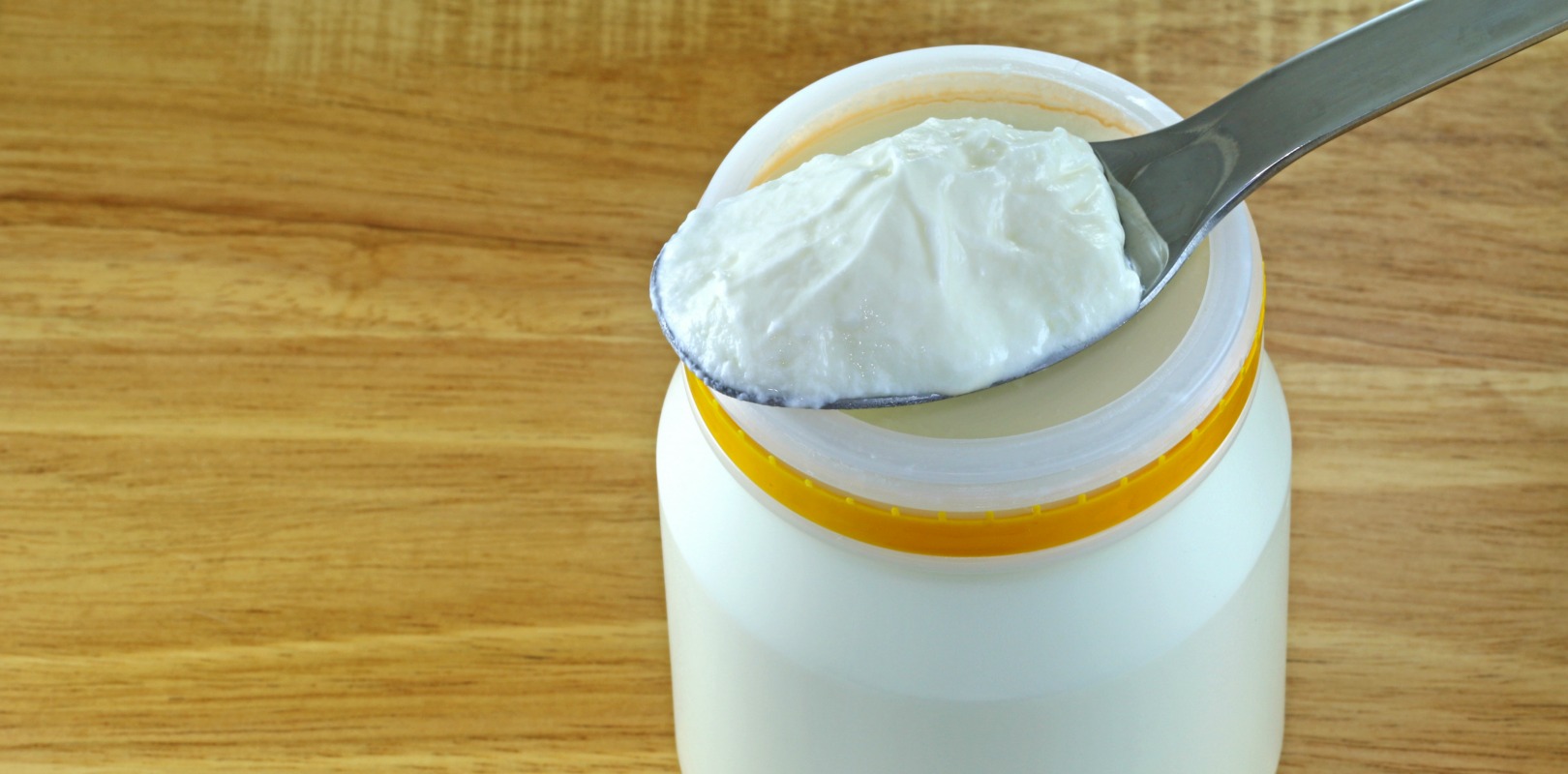Although some studies have suggested an inverse relationship between the consumption of dairy foods and the risk of diabetes mellitus, this relationship from prospective studies is actually inconsistent, particularly concerning dairy fat. Here, researchers from the Harvard School of Public Health, in Boston, tested the hypothesis that dairy fat are associated with lower incident diabetes mellitus.
Diabetes risk after 15 years of follow-up
The researchers looked at circulating fatty acid in the plasma and red blood cells as biomarkers, which reflect the exposition to dairy fat (15:0, 17:0, and t-16:1n-7). They measured these fatty acids among 3333 adults from two large cohorts, the Nurses’ Health Study and the Health Professionals Follow-Up Study. Participants were aged 30 to 75 years, and were free of diabetes mellitus at baseline. The onset of diabetes was identified, during a mean follow-up of 15.2 years. Adjusting was done for demographics, metabolic risk factors, lifestyle, diet, and other circulating fatty acids in pooled multivariate analyses.
Dairy fatty acids associated with less diabetes risk
The results show that a lower risk of diabetes (T2D) is linked to higher biomarkers of dairy fats in plasma and red blood cells. So, higher plasma 15:0 was associated with a 44% lower risk of T2D, higher plasma 17:0 with a 43% lower risk, and higher t-16:1n-7 with a 52% lower risk of T2D. A similar trend was observed for red blood cells 15:0, 17:0, and t-16:1n-7. These findings suggest that dairy fat consumption is associated with lower incident of T2D, and highlight the need to better understand the potential health effects of dairy fat.
To learn more, read the original article.



